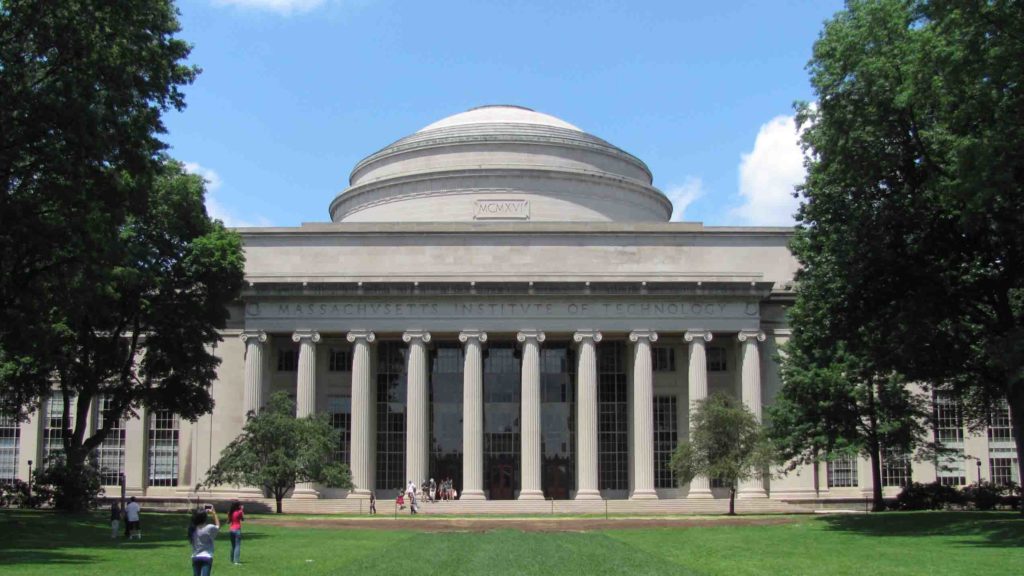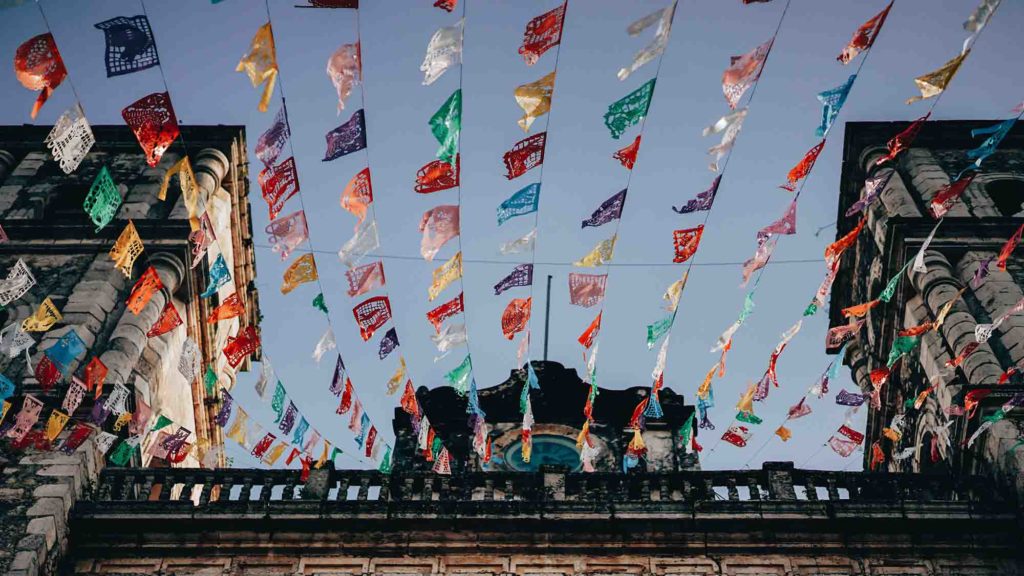Alumni Notes is a recurring roundup of news about former Knight Science Journalism Fellows, featuring Federico Kukso’s compendium of what the fellows have been writing.
A New, Science-Savvy Voice for Argentine Radio
In a Q&A with the Knight Science Journalism Program, Valeria Román speaks about the experience of doing journalism in a new medium, the challenges of getting a national radio show off the ground, and her approach to finding fresh story angles on a crowded Covid-19 beat.
Five Questions: Exploring the Transgender Experience in Latin America
If you are transgender in Latin America, you can expect to live only about half as long as your cisgender peers. That’s just one of the statling statistics reported in “Transgender in Latin America: Unfolded from Otherness,” an international reporting project published this month by Tangible and the Spanish-language newspaper El Universal.


 "
" "
" "
"